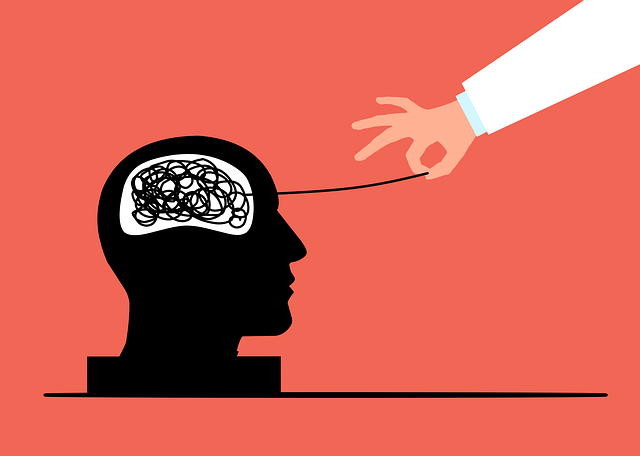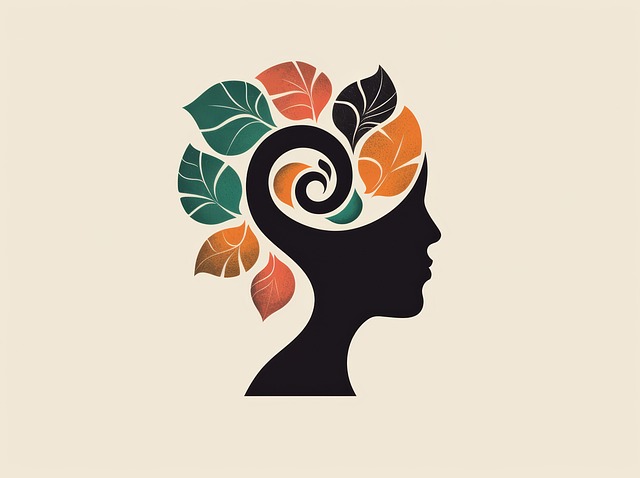The digital age has brought a focus on mental wellness, especially for young children, as screen time increases. Mental wellness apps tailored for this age group can integrate play therapy—using interactive games, storytelling, and creative activities to help kids express emotions and process difficult feelings. These apps, developed with collaboration from child psychologists, offer accessible and engaging therapy, promoting healthy coping mechanisms and mental resilience. Prioritizing privacy, safety, and age-appropriateness is crucial; robust data protection measures and adherence to privacy laws build trust while incorporating positive thinking features can significantly contribute to mental health awareness and support for young children.
In today’s digital age, mental wellness apps offer a promising solution for supporting young children’s emotional well-being. With increasing screen time, there’s a growing need for engaging and therapeutic tools tailored to this demographic. This article explores the development of mental wellness apps focused on play therapy, addressing critical aspects like understanding the target audience, designing effective therapy features, and ensuring privacy, safety, and age-appropriateness. By leveraging play as a therapy tool, these apps can foster healthy cognitive and social development in young children.
- Understanding the Need for Mental Wellness Apps for Young Children
- Designing Effective Therapy Features Incorporating Play Therapy Techniques
- Ensuring Privacy, Safety, and Age-Appropriateness in App Development
Understanding the Need for Mental Wellness Apps for Young Children

The digital age has brought about a growing recognition of the importance of mental wellness, and this awareness extends to young children as well. With increasing screen time and exposure to various online environments, there is a need for innovative tools to support their emotional and psychological development. Mental wellness apps tailored for this demographic can play a significant role in fostering inner strength development, mood management, and compassion cultivation practices from an early age.
Play therapy, a form of therapy that uses play activities to help children express themselves, communicate, and process difficult emotions, can be effectively integrated into these apps. By incorporating interactive games and engaging exercises, mental wellness apps can make therapy more accessible and appealing to young children. This approach not only helps in identifying and addressing emotional challenges but also promotes healthy coping mechanisms and enhances overall mental resilience.
Designing Effective Therapy Features Incorporating Play Therapy Techniques

In designing mental wellness apps targeted at young children, incorporating effective therapy features is paramount. Play therapy techniques have proven to be particularly successful in engaging and facilitating emotional expression in this demographic. Apps can integrate interactive games, storytelling, and creative activities that cater to a child’s natural playfulness while addressing specific therapeutic needs. For instance, building virtual worlds where children can act out scenarios or use digital puppets to express emotions can serve as powerful tools for processing feelings and experiences.
When developing these features, it’s essential to collaborate with child psychologists and healthcare providers who specialize in trauma support services and conflict resolution techniques. These professionals can ensure that the play therapy elements are age-appropriate and effective in promoting mental wellness. Additionally, incorporating burnout prevention strategies for healthcare providers in the app’s backend can indirectly benefit young users by ensuring that their therapists remain resilient and better equipped to offer consistent care.
Ensuring Privacy, Safety, and Age-Appropriateness in App Development

In the realm of mental wellness app development, prioritizing privacy, safety, and age-appropriateness is paramount. As users share intimate details about their emotional well-being, robust data protection measures must be in place to safeguard personal information. Encryption technologies and secure storage practices are essential components of ensuring confidentiality, preventing unauthorized access, and fostering trust among users.
Additionally, when developing apps targeted at specific demographics like young children or those interested in play therapy, age-appropriate content and design become critical. Apps catering to younger users should adhere to strict privacy laws and avoid collecting unnecessary data. Incorporating features that promote positive thinking and depression prevention strategies, tailored for the respective age group, can significantly enhance mental health awareness and support.
Mental wellness apps have the potential to revolutionize therapy for young children by providing accessible and engaging play therapy techniques. By focusing on privacy, safety, and age-appropriate design, these apps can become valuable tools for fostering mental health in kids. Incorporating effective therapy features tailored to their needs can significantly benefit their overall well-being, making app development a crucial step towards a healthier future for young minds.














